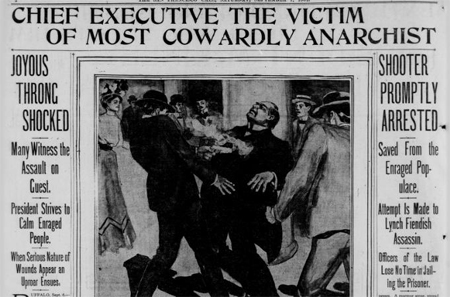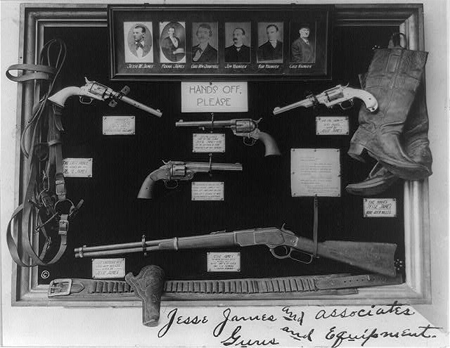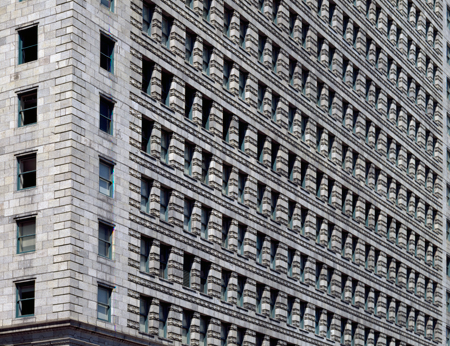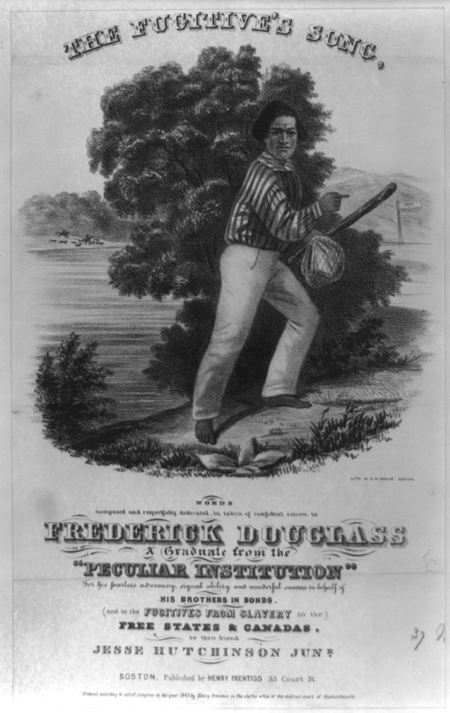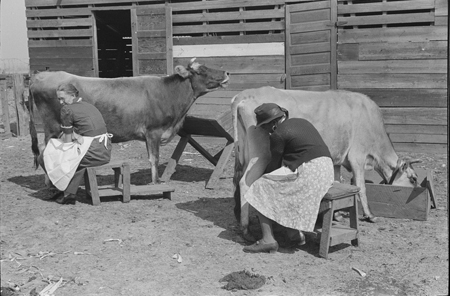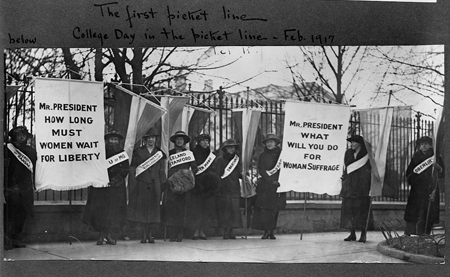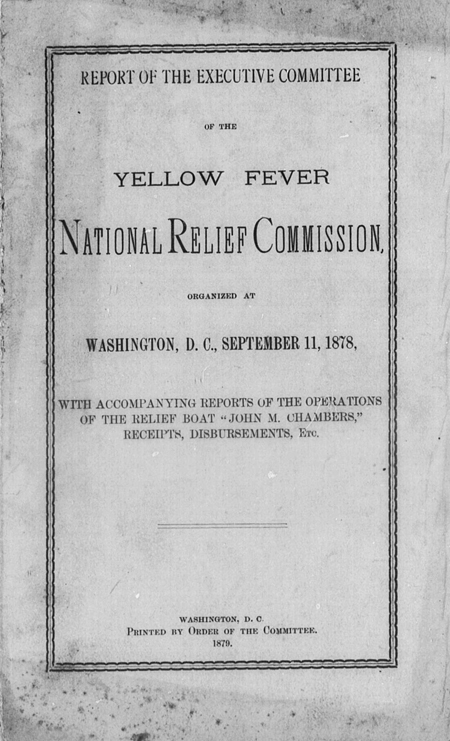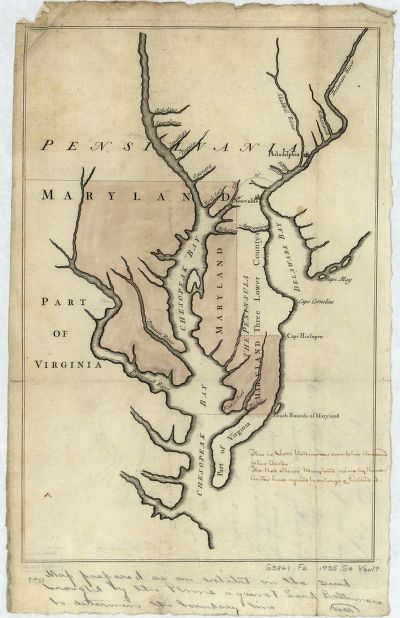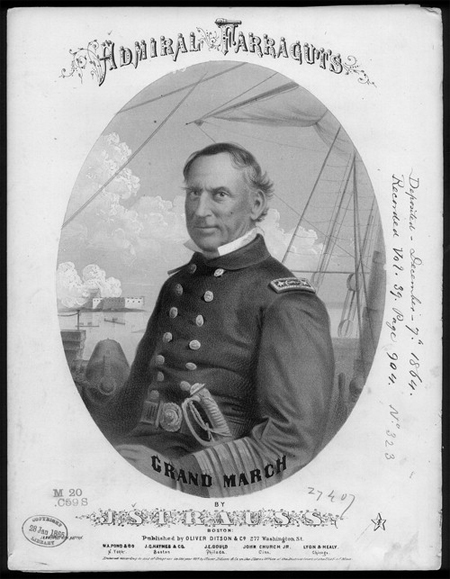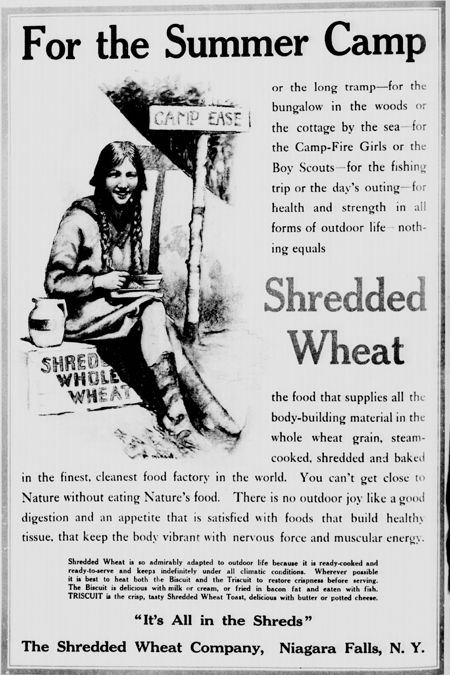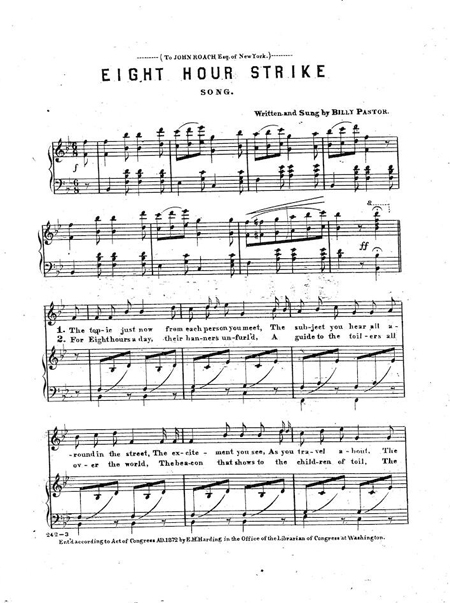Today in History: William McKinley
Today in History–September 06–the Library of Congress features President William McKinley, shot on this day in 1901 just six months after his second inauguration. President McKinley died eight days later, reportedly while singing his favorite hymn, “Nearer my God to Thee, Nearer to Thee“. Anarchist Leon Czolgosz is found guilty of assassinating the president and is executed less than two…

